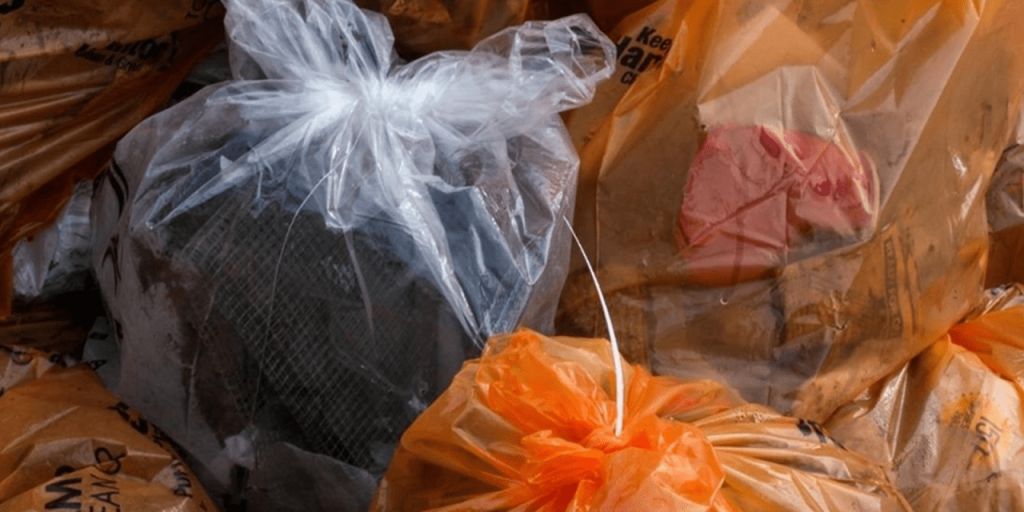Somalia made a bold move this year by banning single-use plastic bags, but enforcing such a policy in a nation grappling with numerous economic hurdles has proven challenging.
This decision follows similar bans in East African countries like Kenya and Tanzania. Yet, in Somalia’s capital, Mogadishu, brightly coloured plastic bags still dominate the markets and shops.
After years of conflict, Somalia passed its plastic ban in February but delayed implementation until October. Despite a few arrests, visible changes remain minimal.
“We use these bags because they are affordable and accessible,” explained Abdikarim Hassan, a grocer whose market stall is stacked with plastic-wrapped goods. “We all know the harmful effects of these plastic bags, but the real question is: What can we use to replace them?”
The cost disparity is striking. Eco-friendly alternatives, like paper bags, are approximately four times more expensive—costing at least 4,000 Somali shillings ($0.17) compared to 1,000 shillings ($0.04) for plastic bags.
This economic reality hits hard in a country where more than half of the population lives below the poverty line, according to government data.
“If we’re forced to stop using plastic bags, we don’t have an affordable replacement,” said Shamso Muqtar, a vegetable vendor and mother of five. “The government should have considered this more carefully.”
‘Clearing Stock’

Garad Abdullahi Ali, representing the Ministry of Environment and Climate Change, acknowledged that plastic bags remain in circulation because traders stockpiled them before the ban.
“They are permitted to keep selling until their existing stock is used up,” he explained.
Interestingly, higher-end shops and supermarkets catering to Mogadishu’s middle class have been quicker to embrace the legislation.
“This is a positive step. I hope more grocers follow suit,” said Ahmed Roble, a boutique owner on Maka Al-Mukarama Road.
Supermarket shopper Abdirahman Omar Mohamed expressed relief at seeing fewer plastic bags, which he said are “killing humans and animals.”
A Growing Crisis
Globally, plastic production has surged, with around 460 million tonnes produced in 2019—double the amount in 2000, according to the Organisation for Economic Co-operation and Development. By 2060, this figure is expected to triple.
The United Nations Environment Programme estimates that every day, the equivalent of 2,000 garbage trucks of plastic waste is dumped into seas, rivers, and lakes. In Mogadishu, this pollution mars once beautiful beaches, where piles of plastic waste snake down the sand.
Volunteers like Abdisatar Arabow Ibrahim are stepping up to address the problem.
“The government should have enforced this law much earlier,” he said. “People need to comply to protect our environment.”t and future generations.”


